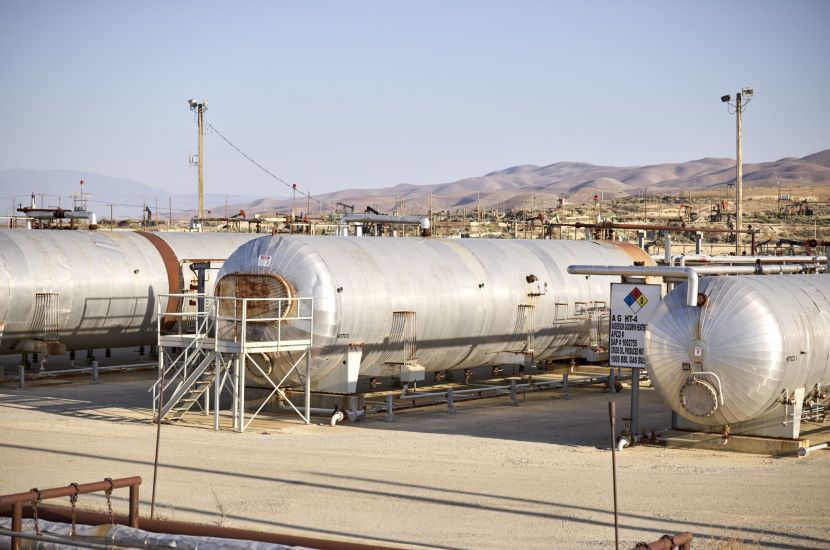revealed a newspaper report Wall Street Journal About twenty percent of the tap water in the Spanish city of Barcelona comes from treated sea water, while another twenty percent comes from treated sewage water. The newspaper says that the authorities were forced to do so because of the drought that hit the country.
The newspaper says that this mixture may be the “drinking water of the future” in the countries of the Mediterranean, which are rapidly becoming “warmer and drier” at a faster rate than most other places in the world.
European Union rules state that treated wastewater should not be used for drinking water. To get around this, treated sewage in Barcelona is discharged into the river before being extracted back downstream.
The continuous drought in regions such as the Spanish region of Catalonia contributed to the operation of the Llobregat desalination plant at full capacity, after years since its opening in 2009 it had been operating at a quarter of the production capacity, due to lack of need.
This area was covered with water in a way that covered this ancient church
And in Catalonia, the authorities plan to double desalination capacity over the next three years, according to the newspaper.
Last year, the region’s two desalination plants produced 16.7 billion gallons of drinking water, six times more than in 2009.
This water has helped the region to cope with the intense heat and drought this summer.
In the past, Catalonia has had to resort to extreme measures such as importing drinking water on tanker ships.
Decreased access to fresh water is one of the biggest long-term threats in the region.
Although it is necessary, the processes of converting seawater into drinking water are energy intensive, making desalination expensive and bad for the environment.
The “waste” from the process, which is a supersaline solution, is harmful to the ocean ecosystem.
In the countries surrounding the Mediterranean, recurrent droughts and dwindling water flows from mountains to rivers lead to a re-engineering of water infrastructure, according to the newspaper.
Farmers dig deeper wells and often switch to crops that require less water.
Governments from Spain to Israel to Algeria are investing heavily in desalination plants and looking for fresh water supplies further afield.
Drought affected crop cultivation in the Mediterranean basin countries
And in the Italian region of Puglia, local authorities want to build a €1 billion, 100-kilometer underwater pipeline – not to carry oil or natural gas but for drinking water.
The planned project would bring river water across the Adriatic Sea from Albania to Puglia, a dry region in Italy.
And local authorities spend about 1.7 billion euros, equivalent to 1.9 billion dollars, to repair and replace leaky water pipes, through which about 48% of the drinking water is lost there.
A changing climate is affecting the Mediterranean in ways that go beyond drought.
In a region where some 150 million people live near the coast, rising sea levels threaten homes, businesses and cultural heritage sites.
This led, according to the newspaper, to a multiplication of projects aimed at stopping or slowing down the “swallowing of lands by the sea.”
Much of the Mediterranean region has suffered a severe heatwave in recent weeks, leading to soaring death rates and straining overstretched healthcare systems, with the elderly particularly vulnerable.
Cities such as Barcelona and Nicosia in Cyprus have set up public shelters to protect people from prolonged exposure to high temperatures.
#drought. #Spain #resorts #sea #water #sewage
2023-08-08 03:16:07


